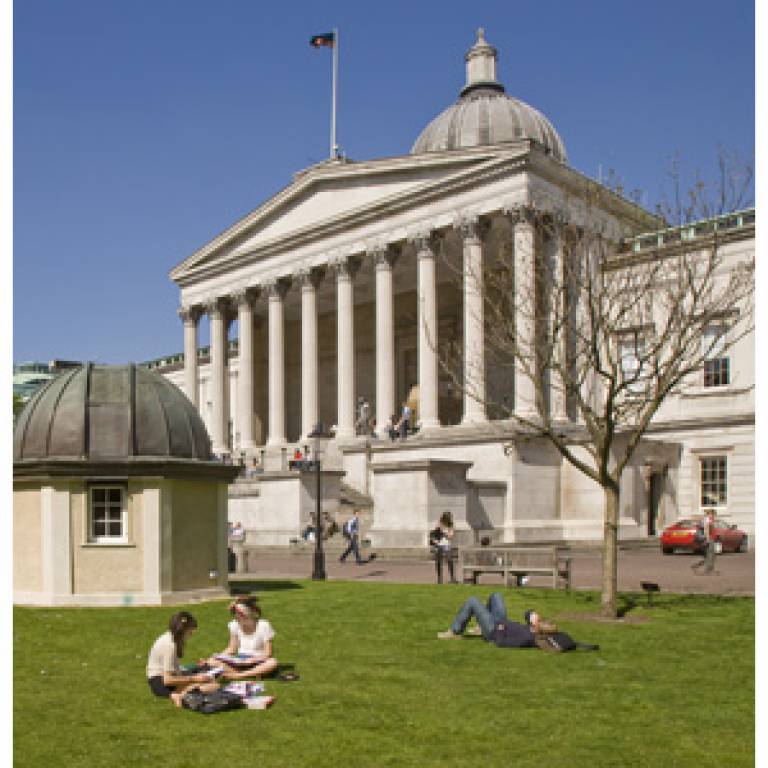UCL signs declaration of openness on animal research
19 October 2012
UCL has made a commitment to work together with 40 other organisations to establish a Concordat and develop principles of openness and measurable objectives underpinning a more transparent approach to animal research.

Partners in the initiative include Cancer Research UK, The Wellcome Trust, The Association of the British Pharmaceutical Industry and a number of research intensive universities.
The announcement was made at a joint press conference to discuss the latest Ipsos MORI data on the public attitude to animal research.
The latest figures reveal a 10 per cent drop in the levels of public acceptance of animal research, with around two thirds of participants saying they are willing to accept the use of animals for medical research purposes.
Speaking at the press conference, the Rt Hon David Willetts MP, Minister of State for Universities and Science, said: "The life sciences sector is very important for Britain. It's very important above all for the health benefits it brings British people, and indeed to the wider world. It also of course has great economic importance.
"The Government is committed to working to reduce the use of animals in scientific research… but we do recognise that there remains a strong scientific case for the carefully regulated use of animals in scientific research and that this does play a role in ensuring new medicines are safe and effective.
"There is a challenge for us all to do a better job of explaining the rationale, the high level of regulatory oversight that is already in place, and the work being taken to explore alternatives to animals where possible."
Professor Malcolm Grant, UCL President and Provost, said: "The MORI poll shows that the majority of people in this country understand that animal research remains an important part of the scientific process, delivering real benefits in terms of safe drugs and new medical procedures. However, there is still work to do in terms of explaining the importance of this work.
"We hope that through the concordat we will be able to make the scientific process even more transparent, contribute to the wider debate and increase public understanding of our work."
-Ends-
Links:
 Close
Close

